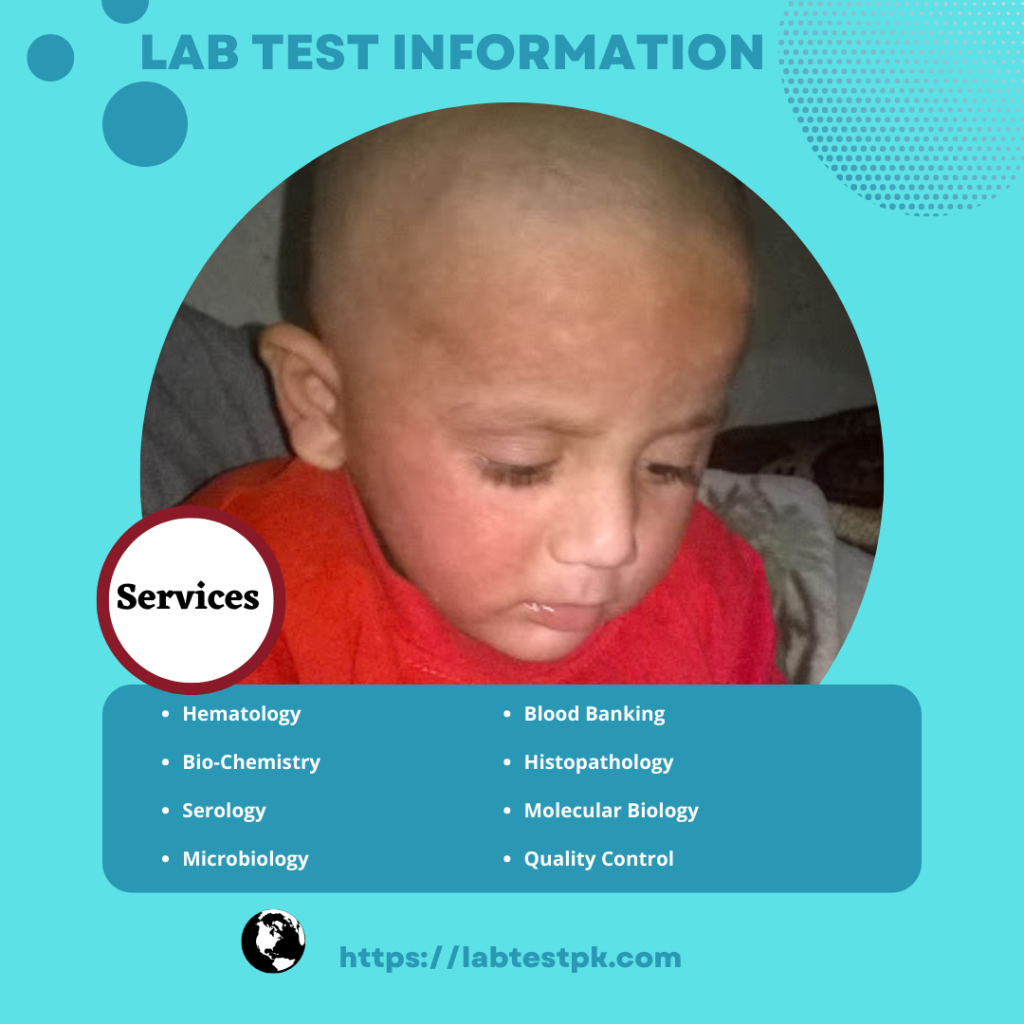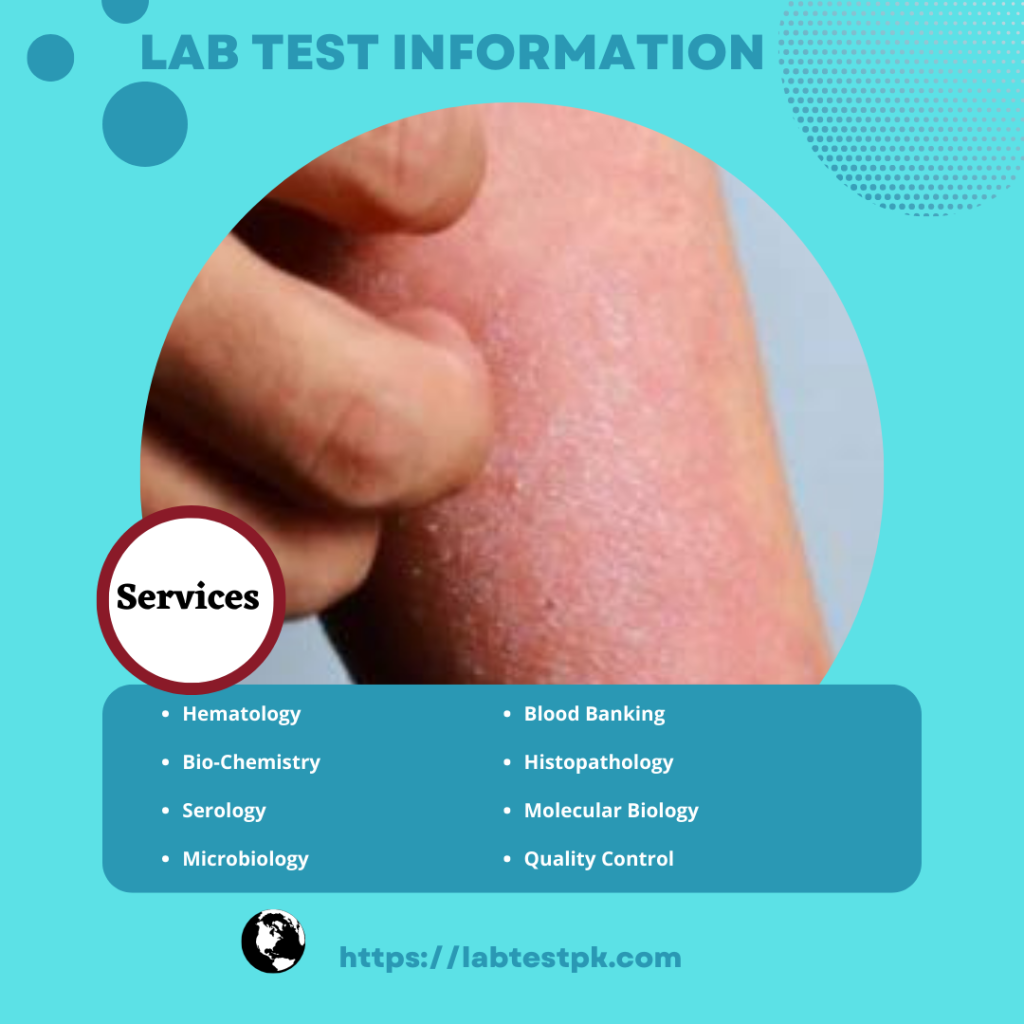Allergies
Allergies are an immune response triggered by allergy an ordinarily harmful substance. Allergy is a reaction by your immune system to something that does not bother most other people. Normally your immune system fights germs. In most allergic reactions, however it is responding to a false alarm. It is a damaging immune response by the body to a Substance especially a particular food pollen, for, or dust to which it has become hypersensitive.
Symptoms Of allergies:
Allergies can cause a variety of symptoms such as a runny.
- Stuffy Nose
- Sneezing
- Itching
- Rashes
- Swelling
- Hives
- Asthma
- Wheezing
- Excessing gas
- Difficulty Breathing
- Fainting for lightheadedness
- Vomiting, Nausea, Diarrhea
Watery eyes, puffy To reduce nasal congestion, inflamed throat. Because there are so many possible causes, the symptoms of allergies vary widely. Airbome allergens, like pollen and pet dander are likely to Cause.

Allergies Diagnosed:
- Skin Prick Test
- Physician Supervised
- Patch Test
- Blood Test (IgE)
- Intradermal Skin Test
Causes Of Allergies:
People with allergies have especially sensitive immune system that react when they contact allergies. The common allergens include.
- Foods (nuts, eggs, milk, soy)
- Shellfish wheat
- Pet Dander
- Regular Use of Cosmetics
- Pollen
- Mold
- Latex
Allergies Range:
- Anaphylaxis is a severe reaction that can be life threatening.
- Doctors use skin and blood tests to diagnose allergies.
Treatment:
- The easiest and most effective way to treat allergies is to get rid of a avoid the cause.
- Avoid to Dust mites.
- Make an effort to keep your room clean and free of dust.
- Dusting and Washing of Bleeding.
- Keep your window and window and room door shut.
- Medication may be necessary to lessen symptoms Caused by allergens, other than food and drugs.
- Allergy Shots
- Anti-inflammatory agents (eg. Corticosteroid)
- Decongestants
- Antihistamines.
Note:
Some allergies go away with your age, but others are long-life.
Prevention:
Avoid outdoors between 5-10 am and save outside activities for late afternoon or after a heavy rain, when pollen levels are Lower.
- Wearing a mask when you go outside.
- Discuss a prescription for epinephrine.
- (eg: EpiPen) with your healthcare provider, if you are serious allergic reaction)
- Know what you are eating and drinking.
- Review product labels carefully when you are buying any items.
- Use place clean and neat.



[…] substances that may cause allergies are called allergens. Common allergens […]
[…] of Antibodies are: IgG, IgA,IgM, […]
[…] and cell biology to study the activation of T cells, a type of white blood cell involved in the immune response. These panels are designed to assess various aspects of T cell activation, including their […]
[…] of Antibodies are: IgG, IgA,IgM, […]